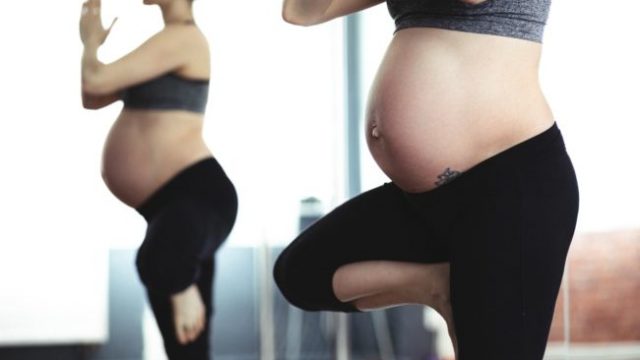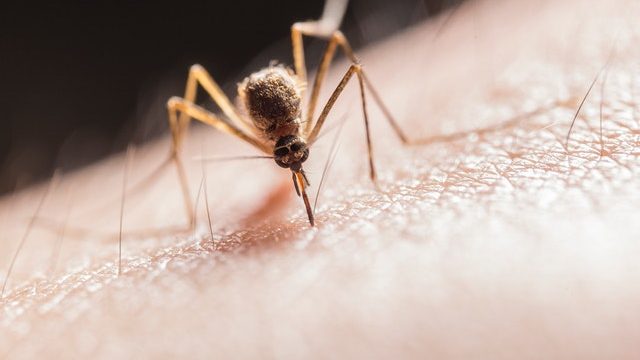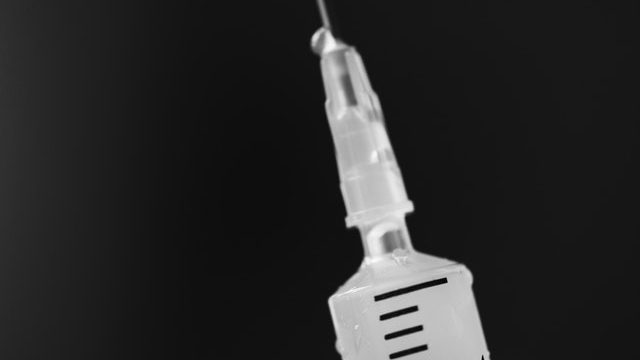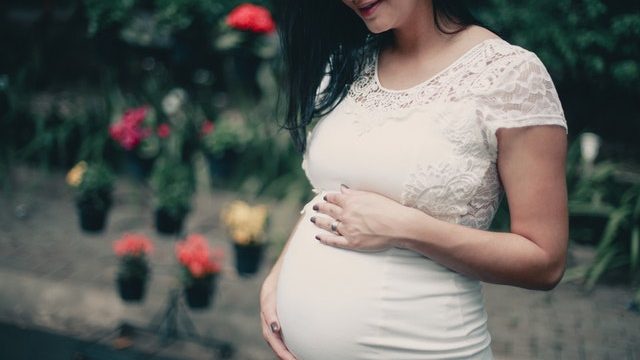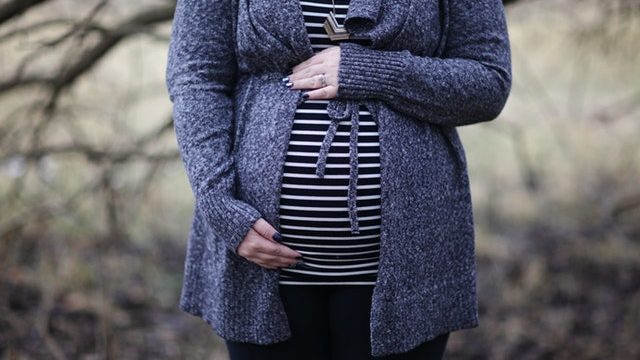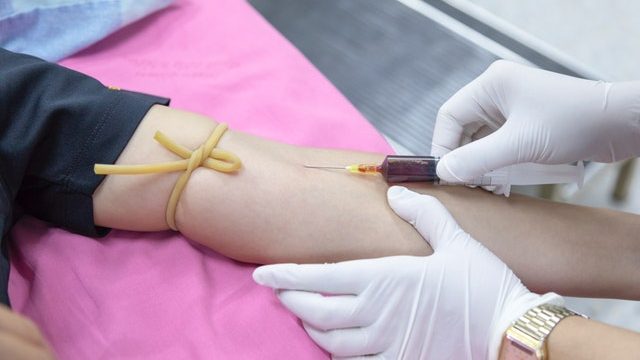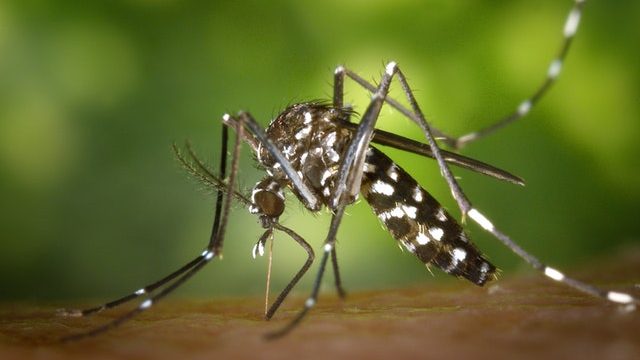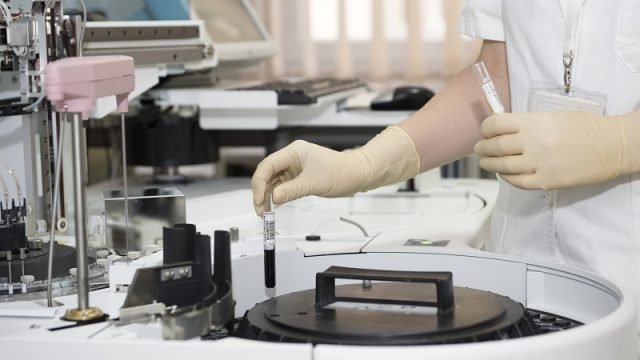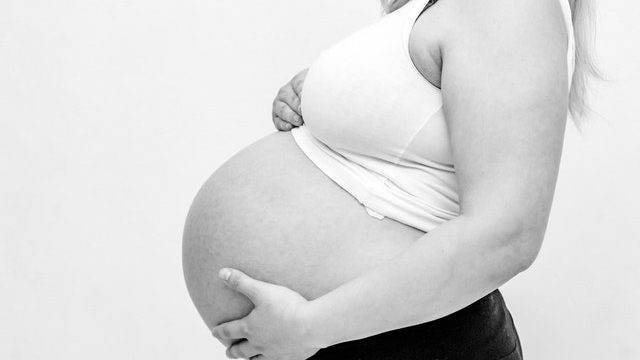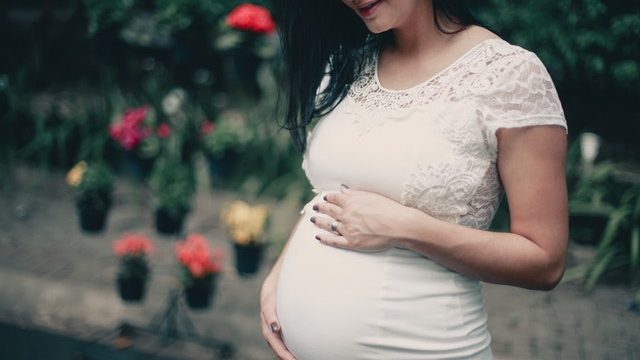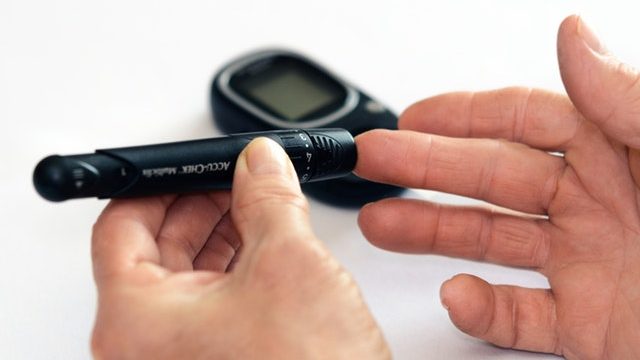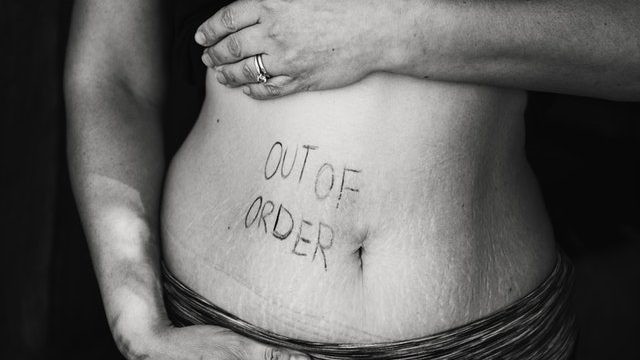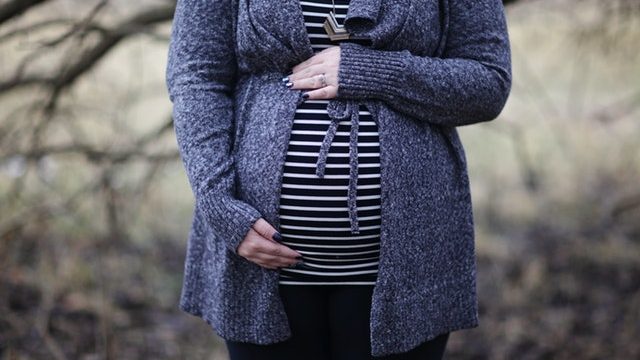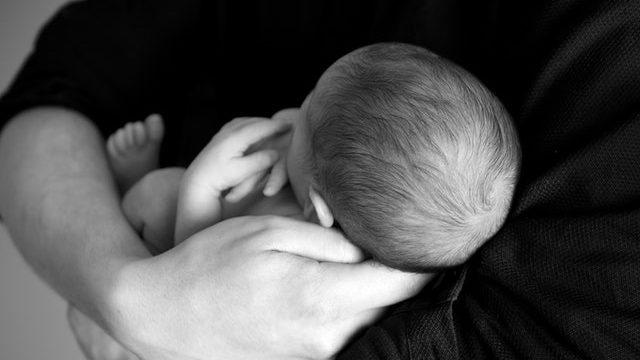Malaria in pregnancy is possible as pregnant women are particularly susceptible to malaria infection due to immunological changes in the body.
Malaria is a huge burden in India.
Two-thirds of infections caused by Plasmodium falciparum and one-third by P. vivax.
There are a few million cases every year.
It happens when a bite from the female Anopheles mosquito infects the body with Plasmodium.
Malaria is transmitted only by the Anopheles mosquito. An unaffected mosquito acquires parasites once it feeds on a human with malaria.
When an infected mosquito bites a human host, the parasite enters the bloodstream and lays dormant within the liver for one to two weeks.
The liver then releases these new malaria parasites. The parasite then infects red blood cells and multiply further.
Some malaria parasites remain in the liver and do not circulate till later, resulting in recurrence.
What are the symptoms of Malaria?
The initial symptoms of malaria are flu-like and include a high temperature of 38C or more.
- Fever with chills
- Headaches
- Severe body pains
- Vomiting
- Nausea
- Diarrhea
- Severe weakness
These symptoms are often mild and can sometimes be difficult to identify as malaria.
Sometimes the symptoms occur in 48-hour cycles.
During these cycles, one feels very cold at first with shivering.
Then they develop a high temperature, and then this is followed by severe sweating and fatigue.
These symptoms usually last between 6 and 12 hours.
Impact of Malaria in Pregnancy
In high transmission areas pregnant women are likely to have anemia and low birth weight babies.
In low transmission areas, where the women do not have any immunity, malaria infection may become severe and life-threatening, requiring emergency treatment.
Pregnant women are particularly prone to developing low sugar levels.
Diagnosis Of Malaria
Diagnosis is mainly by microscopy of stained blood smears.
Polymerase chain reaction (PCR) is highly sensitive, with quantitative PCR able to detect very low-density malaria infection but this is not used in routine testing.
Management of Malaria in Pregnancy
Preventive Measures
- Prompt case identification and management (prompt treatment with highly effective drugs) is the most important.
- Insecticide-treated nets – ITNs are a relatively cheap and probably effective tool for malaria prevention in pregnancy in India.
- Indoor residual spraying is used in parts of Africa and Asia, but there is little pregnancy-specific data on its impact.
Treatment Of Malaria In Pregnancy
In complicated Malaria In Pregnancy
When a pregnant woman presents with severe malaria, the priority is to save her life.
The recommended treatment for severe malaria at any time in pregnancy is with parenteral artesunate.
Once the woman recovers, treatment can be continued with appropriate oral medication.
In Uncomplicated Malaria in pregnancy
Falciparum malaria in the first trimester
Currently, quinine and clindamycin are the recommended treatment for women in the first trimester of pregnancy.
Second and third trimester
Different (Artemisinin combination treatments) ACTs, namely artemether-lumefantrine, amodiaquine-artesunate, mefloquine-artesunate are commonly used as first-line treatment for malaria in the second and third trimester.
Vivax Malaria
Chloroquine remains an effective treatment for vivax malaria in most of the world and parenteral artesunate is highly effective in the severe vivax disease.
Primaquine is contraindicated in pregnancy due to the risk of severe haemolysis in glucose-6-phosphate dehydrogenase (G6PD) deficient individuals.
Pregnant women may require suppressive treatment, usually with chloroquine, until delivery.
Prompt diagnosis and effective treatment is the key to management of the malaria in pregnancy.



